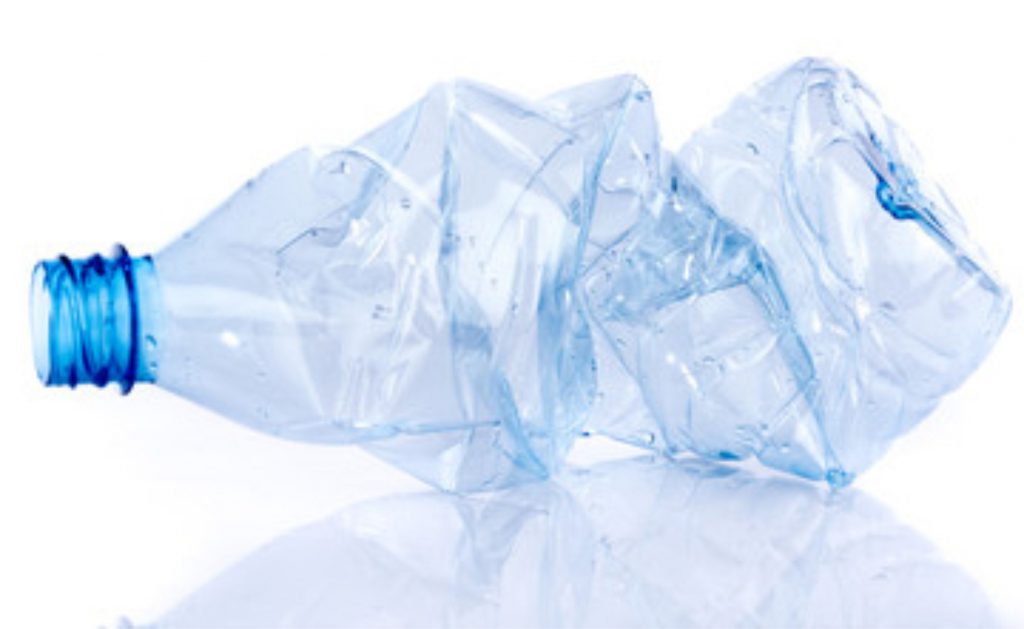
This report examines the progress of 12 companies in the consumer staples sector in adopting sustainable practices for plastics and packaging.
The initiative focuses on companies within the Impact Equities and Bond portfolios, including Danone, Henkel, and Procter & Gamble (P&G), highlighting their progress in reducing plastic use and promoting recyclability.
The Role of Regulations in Sustainability
Investor engagement alone cannot drive comprehensive change. Regulations such as the EU Packaging and Packaging Waste Regulation (PPWR) are crucial, creating enforceable standards, leveling the playing field, and promoting systemic change. The report aligns its objectives with PPWR definitions, such as recyclability, encouraging companies to adopt these benchmarks and improve transparency.
Company Assessments: Progress and Challenges
- Danone
- Danone, a global leader in dairy and food products, reduced its plastic usage to 693,156 tons in FY 2023, achieving a 9% year-on-year intensity reduction. The company’s commitments to reducing, reusing, and recycling align with its participation in the Global Commitment on Plastics. However, challenges like material scarcity persist.
- Henkel
- Operating in adhesives and consumer brands, Henkel used 281,485 tons of plastic in FY 2023, also achieving a 9% reduction in intensity. Henkel focuses on sustainable design, material use, and recycling but needs to enhance transparency and measurable progress globally.
- Procter & Gamble (P&G)
- P&G, a US-based multinational, reduced its plastic use to 712,000 tons in FY 2023, an 8% reduction. Efforts include enhancing recyclability and reusability through partnerships, though scaling these initiatives remains a challenge.
Despite progress, all three companies face gaps in aligning their practices with measurable outcomes and overcoming systemic barriers, such as inconsistent disclosures and definitions. Meeting the ambitious 2040 PPWR targets will require greater effort.
The Role of Deposit Return Systems
A critical component of reducing plastic waste lies in effective waste collection systems. Globally, only 14% of the 78 million tons of plastic packaging produced annually is collected for recycling, with just 2% recycled in a closed loop. Deposit return systems can significantly improve recycling rates by assigning financial value to returned containers, achieving a 94% collection rate compared to 47% in curbside systems.
Technology in Action: Reverse Vending Machines
Reverse vending machines, like those developed by Tomra, are pivotal in deposit return systems. These machines identify, sort, and handle beverage containers, enabling proper recycling. Tomra’s 80,000 machines in 60+ countries collect 45 billion containers annually, illustrating the potential of advanced technology to support a circular economy.
Conclusions
While Danone, Henkel, and P&G have made strides in sustainable packaging, challenges remain. Regulations like the PPWR provide a robust framework for driving change, but consistent disclosures, scalable innovations, and advanced waste management solutions are essential to tackle the plastic crisis effectively. By investing in companies leading waste collection technologies, systemic improvements can be achieved to minimize environmental impact and create a more sustainable future.
With information from Triodos Investment Management
Adapted for eDairyNews 🇺🇸
























